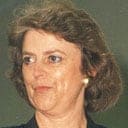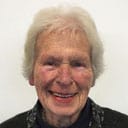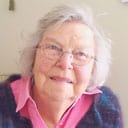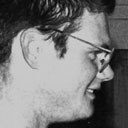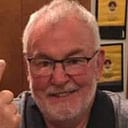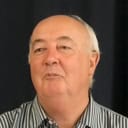NFD Journal: December 1988 (Vol. 2, No. 4)
Some of the items featured in the December 1988 issue of ‘NFD Journal:
- Five Government departments (Health, Education, Social Welfare, Labour, Justice) and ACC all committed to work on those three key issues: interpreters, hearing aid subsidy, awareness/prevention.
- The Department of Social Welfare also proposed to cover $6,000 for training for interpreters and social workers, with a $200,000 one-off grant to address the present interpreters/social worker support services for Deaf.
- NFD also obtained a $10,000 grant to fund a feasibility study on setting up a permanent interpreters training course in New Zealand.
- Christchurch gears up for the World Games for the Deaf, with fundraising efforts still underway. Christchurch City Council has provided its venues free of charge for the games, with Social Welfare underwriting 75% of the costs.
- Otago Deaf Club members help a large group of medical students learn sign language so they can help at the Christchurch WDG.
- Claire Raisin reports on her experience as an AFS student in USA.
- Deaf Organisations
- TV/Media


